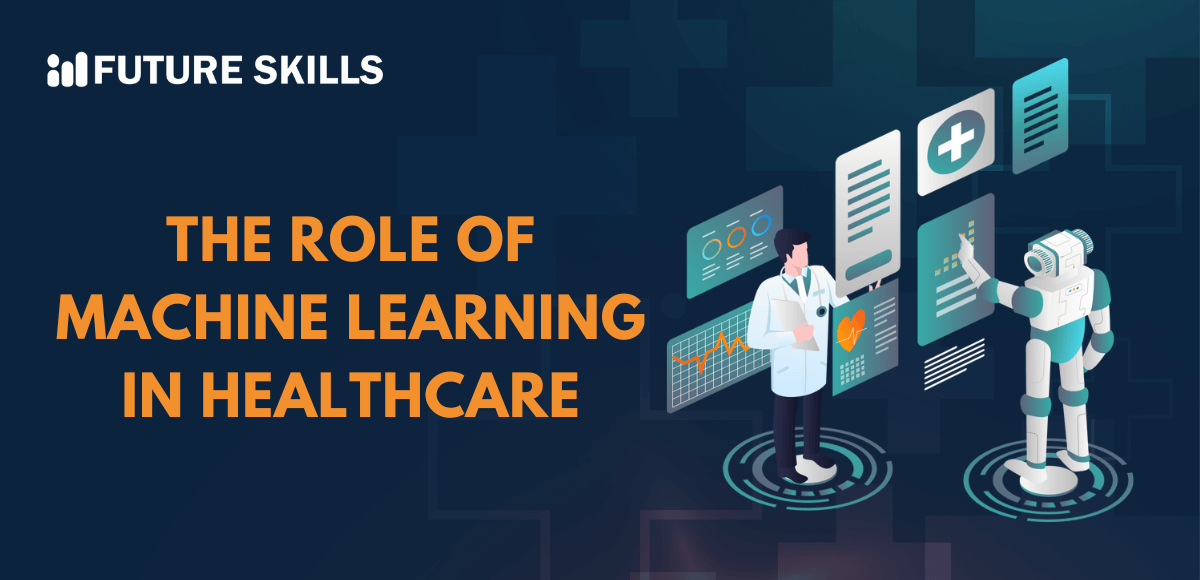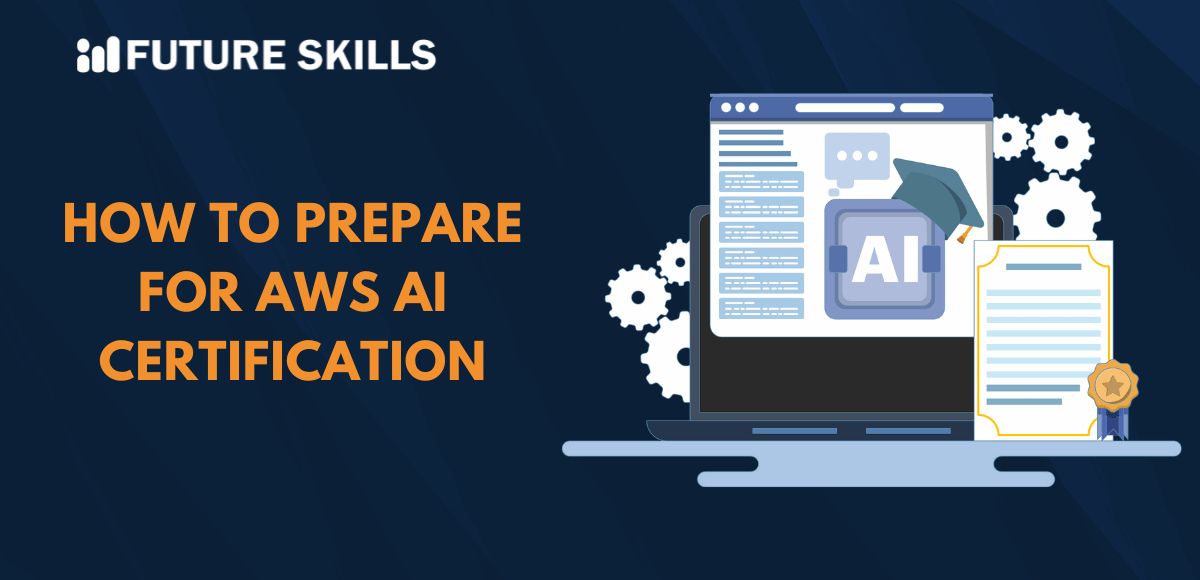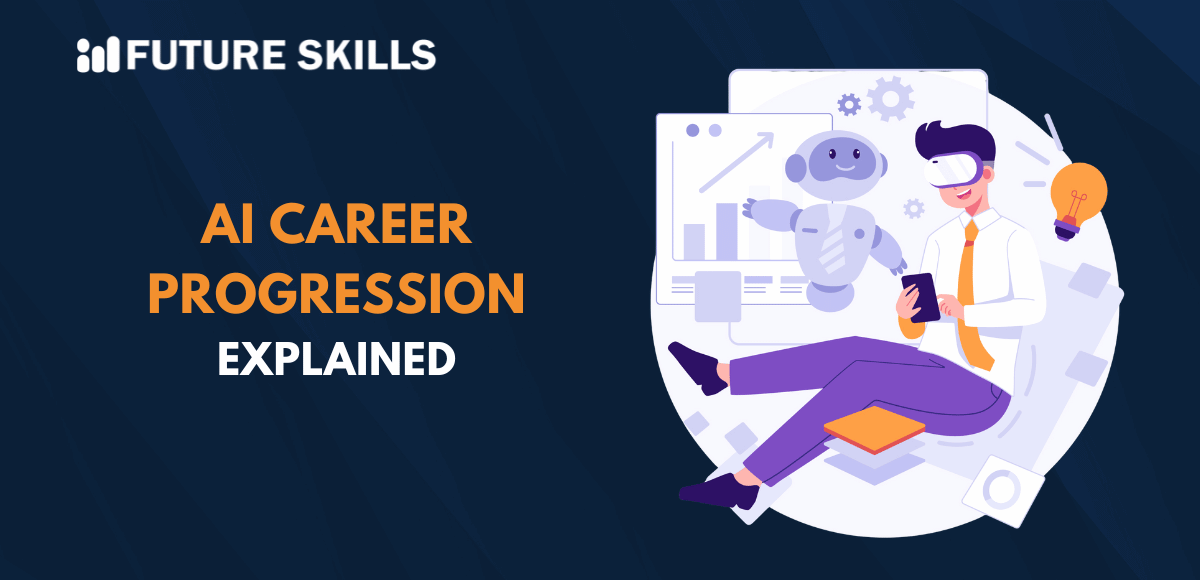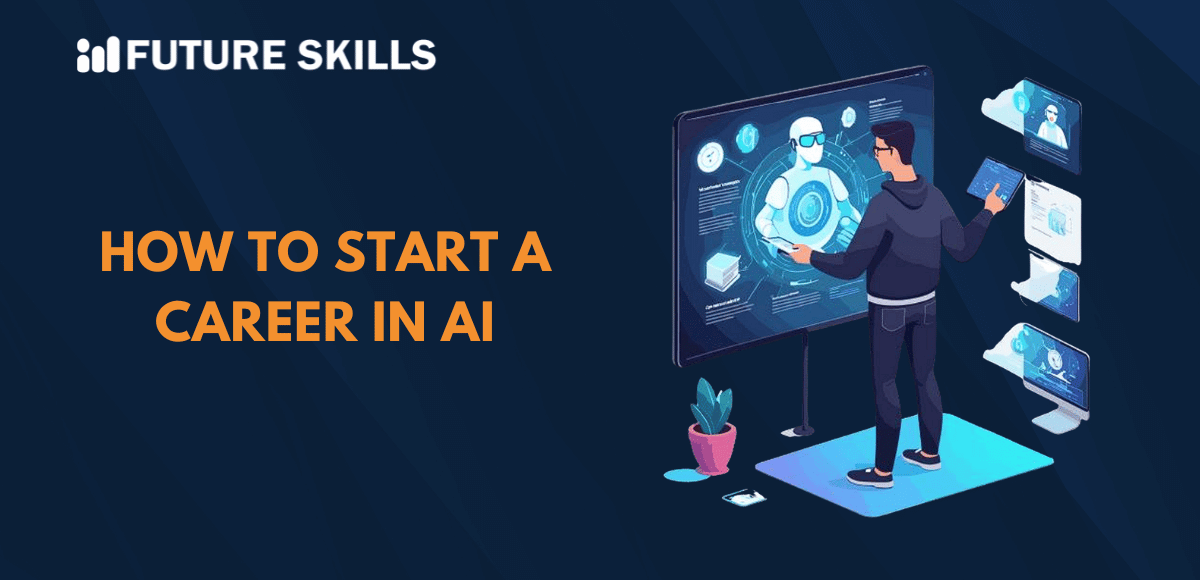The healthcare industry is one of the leading sectors that have embraced almost every new technological advancement. It is important to note how the popularity of AI in healthcare has invited attention to innovative applications. The use of machine learning for different healthcare innovations can elevate productivity in the healthcare sector.
The use of machine learning or ML in healthcare helps develop new medical procedures. In addition, machine learning can help in treatment of chronic diseases and management of patient records. Machine learning helps extract insights from large volumes of medical data to improve healthcare providers’ decision-making.
The healthcare industry can also leverage machine learning to improve operational efficiency. On top of it, ML can help streamline the daily workflows of healthcare professionals and speed up medical research. Let us dive deeper into the workings of machine learning in the domain of healthcare with some valuable insights and popular examples.
Embark on a transformative journey into AI, unlocking career-boosting superpowers through our Certified AI Professional (CAIP)™ Certification program.
Why Has Machine Learning Gained Popularity in Healthcare?
Machine learning is a subdomain of artificial intelligence that helps computer systems and digital devices learn from training data. ML systems can use the data to identify patterns without direct human intervention. Some of the most popular applications of ML algorithms include email filtering, analysis of large volumes of complex datasets, and identification of objects in images.
The curiosity regarding queries such as “What is machine learning in healthcare?” emerges from the continuously growing list of AI applications in different sectors. As the accessibility of patient data increases, machine learning might serve as a pivotal force of change in healthcare.
Machine learning has gained popularity in healthcare because of the facility to interpret the massive volumes of healthcare data in electronic health records. With the help of machine learning algorithms, healthcare professionals and systems can discover patterns and insights that would have been invisible in manual reviews.
The role of machine learning in healthcare would also have broader implications and might change the dynamics of healthcare industry. For example, the WHO estimates that the world would need 10 million more health workers by 2030. Machine learning can play a vital role in mitigating the shortage of skilled medical experts with personalized and efficient care delivery to each patient.
Level up your ChatGPT skills and kickstart your journey towards superhuman capabilities with Free ChatGPT and AI Fundamental Course.
Will Machine Learning Replace Doctors in Healthcare?
Before you learn about the benefits and uses of ML in healthcare, it is important to address a pressing concern. Machine learning applications in healthcare have been perceived as miracles that can evaluate massive volumes of data, which would be impossible for humans to do. Most of the machine learning in healthcare examples would show that ML can use imaging scans for diagnosis of diseases, prediction of patient outcomes and recommend treatment options.
What would doctors do when ML applications can address their responsibilities quickly and with better accuracy? The intersection of machine learning and healthcare obviously focuses on improving accuracy, personalization, and efficiency of healthcare services. However, machine learning will not replace doctors completely. On the contrary, it would serve as a valuable partner for doctors.
Machine learning can improve diagnostics, enhance patient outcomes, and deliver advanced treatment capabilities. As a result, doctors could focus more on other aspects of patient care that require empathy and human insights. Interestingly, doctors can dedicate 17% more time to their patients due to ML-based applications.
Therefore, the future of machine learning in healthcare will not be about choosing machine learning over healthcare professionals. On the contrary, it will focus on utilizing the strengths of both of them to offer a more compassionate, efficient, and accurate healthcare system.
Enroll now in the AI for Business Course to understand the role and benefits of AI in business and the integration of AI in business.
What are the Notable Applications of ML in Healthcare?
The global AI in healthcare market might cross the $100 billion mark by 2028. With such impressive potential for growth, it is reasonable to be curious about the applications of machine learning in healthcare. Here are some of the popular cases of ML in the real world that can help capitalize on the potential of ML for healthcare.
-
Prediction of Disease Outbreaks
Satellites can collect real-time and historical data about the healthcare sector. The importance of machine learning in healthcare points to the use of ML algorithms for collecting data in one place and predicting potential outbreaks of diseases. For example, ML algorithms can predict malaria outbreaks by analyzing monthly rainfall and temperatures in a region alongside other parameters. Prior awareness of such critical outbreaks can help governments take the necessary precautions to reduce the negative impact of outbreaks.
-
Patient Lifestyle Changes
Most of the diseases that burden the healthcare sector are avoidable or even manageable. For instance, heart diseases, type 2 diabetes, and obesity can be avoided by early detection and lifestyle changes. Machine learning algorithms can help patients practice new behaviors with the help of follow-ups and constant reminders.
You can find out more about ‘what is machine learning in healthcare’ by reflecting on the ability of ML algorithms to collect health data from connected devices. As a result, machine learning can help in generating viable insights into their lifestyle and guide them along the transformation journey.
-
Identification of High-Risk Patients
Incomplete and inaccurate diagnoses can serve as major obstacles to delivering effective healthcare services to patients. Interestingly, many companies in the domain of healthcare have been exploring the prospects of utilizing machine learning for accurate medical diagnostics.
The role of machine learning in healthcare combined with automation can help reduce the time required for identification of high-risk patients. Machine learning systems can process patient health information and classify them into different risk groups according to the detected risk levels.
-
Optimized Hospital Management
The growing demand for healthcare services has increased the complexity of management systems used in hospitals. Machine learning systems can help in addressing the requirements of administrative data processing with better efficiency. On top of it, machine learning can also support most of the executive functions in hospitals, such as supply chain and inventory management, staff scheduling, and resource allocation. Hospitals can also use ML systems for compliance monitoring and medical records management.
-
Discovery of New Drugs
The next important application of machine learning in healthcare points to the discovery of new drugs. Researchers have to evaluate thousands of factors before arriving at the right decision to create a drug formulation. The future of machine learning in healthcare would revolve around the use of ML algorithms in drug discovery. ML systems can help in reducing the duration of clinical trials through predictions on performance of new drugs. In addition, ML algorithms can identify combinations of drugs that can serve a new treatment approach.
-
Enhanced Medical Imaging
The large-scale advancements in medical science have not solved the problem of human errors that arise in medical image analysis. It is a tedious task that requires comprehensive attention to detail. Machine learning systems can recognize the smallest changes in MRI, X-ray, or CT scans to detect and diagnose diseases with better accuracy.
-
Virtual Healthcare Providers
The review of answers to “What is machine learning in healthcare” also reflects on the rise of virtual healthcare providers. Just like virtual assistants, virtual nurses can help streamline different processes, such as offering health alerts, scheduling appointments and reminders, emergency responses, and chronic disease management. Virtual healthcare providers are ML-powered assistants who are always available to answer patients’ questions.
Excited to understand the crucial requirements for developing responsible AI and the implications of privacy and security in AI, Enroll now in the Ethics of Artificial Intelligence (AI) Course.
Which Companies Utilize Machine Learning in Healthcare?
Companies all over the world have been experimenting with machine learning to enhance the quality, interoperability, and accessibility of healthcare. Here are some of the top examples of companies that leverage machine learning in healthcare.
-
Deep Genomics
The AI-powered platform of Deep Genomics helps in enhancing the pace of clinical research by finding candidates for trials. The company leverages machine learning for identification and tracking of potential reasons for genetic diseases. It uses the ML system to discover how a person’s mutation changes their DNA and results in disease.
-
Oncora Medical
Oncora Medical is another healthcare startup among machine learning in healthcare examples that has shown impressive performance in streamlining cancer research. It collects massive volumes of data from cancer registries, EHRs, and medical records to evaluate the quality of care. As a result, the ML system of Oncora Medical can recommend effective treatment methods.
-
PathAI
Examples of companies that implement machine learning in healthcare include PathAI. It leverages machine learning to help pathologists make informed decisions about diagnosis of specific conditions. The company offers ML algorithms for clinical trials alongside optimization of the process for analyzing patient tissue samples. Furthermore, PathAI works with some of the most popular drug developers and healthcare providers to enhance the penetration of ML in healthcare.
-
Intuitive Surgical
Another prominent example of companies showcasing new ways to use AI in healthcare is Intuitive Surgical. It is renowned worldwide for developing the ML-powered Da Vinci surgical system. The innovative surgical system helps surgeons in performing minimally invasive surgical procedures with the assistance of robots. With the help of machine learning and robots, the Da Vinci system has significantly improved the outcomes of surgery.
What are the Notable Benefits of ML in Healthcare?
Machine learning can help healthcare organizations in many ways, as you can notice in the different cases of ML in healthcare. The applications of machine learning in healthcare offer benefits such as better decision-making, personalized patient experiences, and automation of repetitive tasks in hospital management.
On top of it, machine learning applications can also improve accessibility of healthcare services while encouraging innovation. The use of ML cases in healthcare can enable earlier detection of diseases, identify high-risk patients, and support robot-aided surgeries, thereby reducing patient risks.
Does ML Have Any Limitations in Healthcare?
Machine learning showcases impressive potential for the transformation of healthcare. However, it is also important to evaluate the importance of machine learning in healthcare from the perspective of limitations associated with machine learning. For example, ML systems are as effective as the data used to train them. On top of it, you should also watch out for the concerns of bias in machine learning systems that may affect the quality of care for patients. Furthermore, healthcare organizations can achieve better results with ML by following a clearly defined strategy.
Final Words
The advantages and uses of machine learning in healthcare provide the best reasons to adopt ML applications in healthcare. You must understand the role of machine learning in healthcare to capitalize on the benefits of machine learning. Most importantly, machine learning encourages innovation in the domain of healthcare and improves patient outcomes. For example, ML systems can evaluate patient health information to deliver personalized treatment.
On top of it, machine learning can also help in speeding up clinical trials alongside supporting drug discovery. At the same time, it is also important to recognize the limitations of machine learning before using it in healthcare. You can also become a machine learning expert and create innovative solutions for healthcare. Explore the other applications of machine learning in different industries and determine their value right away.






